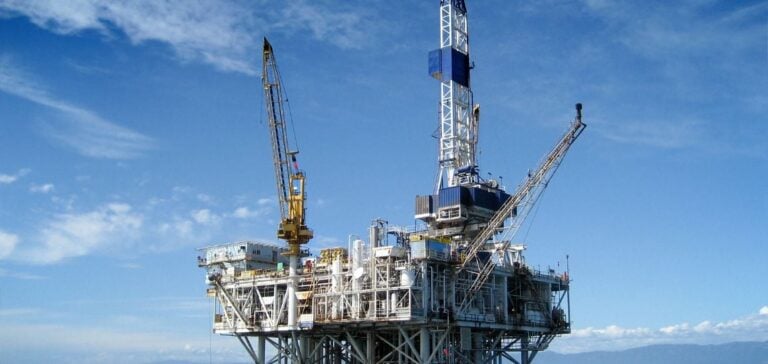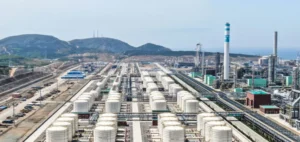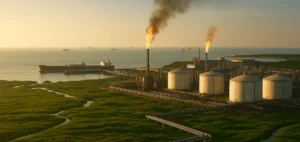China asserts its leadership in the petrochemical sector with the completion of a key expansion at the Zhenhai refinery, operated by China Petroleum & Chemical Corporation (Sinopec). Located in the strategic Yangtze River Delta region, this extension increases the annual refining capacity of the Ningbo petrochemical base to an impressive total of 50 million tons, solidifying its position as the country’s largest petrochemical platform.
A Driver for China’s Strategic Industry
This investment, valued at 41.6 billion yuan (CNY), integrates state-of-the-art infrastructure including 18 advanced production units. The technologies implemented, such as catalytic cracking and propane dehydrogenation, play a vital role in supplying key industries like automotive, textiles, and household appliances.
A Model for Innovation and Efficiency
The project is distinguished by significant technological advancements, such as the introduction of ten localized high-level technologies, including the world’s highest-performance labyrinth vertical compressor. The integration of a digital industrial system enhances decision-making and operational management. Moreover, ambitious energy-saving measures have achieved an overall energy consumption reduction of 11.7%.
A Globally Competitive Hub
The Zhenhai refinery, now capable of producing 2.2 million tons of ethylene annually, strengthens its strategic role in the global market. Ranked among the top performers in the Solomon Global Ethylene Performance Evaluation, this infrastructure reflects China’s industrial and economic ambitions.





















